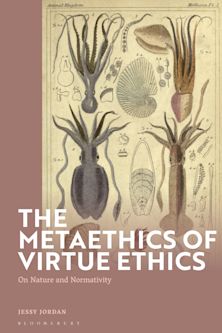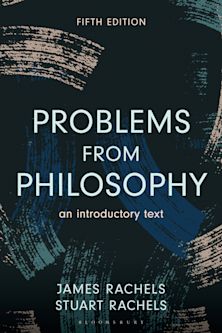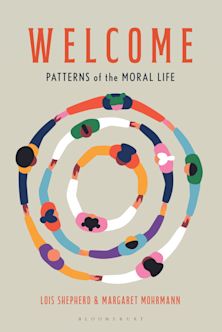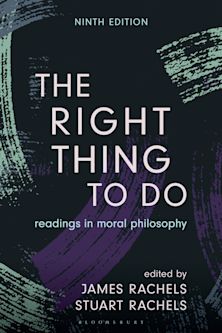- Home
- ACADEMIC
- Philosophy
- Ethics and Moral Philosophy
- Creativity
For information on how we process your data, read our Privacy Policy
Thank you. We will email you when this book is available to order
You must sign in to add this item to your wishlist. Please sign in or create an account
Description
Creativity explores the moral dimensions of creativity in science in a systematic and comprehensive way. A work of applied philosophy, professional ethics, and philosophy of science, the book argues that scientific creativity often constitutes moral creativity-the production of new and morally variable outcomes. At the same time, creative ambitions have a dark side that can lead to professional misconduct and harmful effects on society and the environment.
In this work, creativity is generally defined as the development of new and valuable outcomes such as significant truths, illuminating explanations, or useful technological products. Virtue and accompanying ideals are emphasized as a moral framework. Intellectual virtues, such as love of truth, intellectual honesty, and intellectual courage, are themselves moral virtues. Further moral topics concerning scientific creativity are explored: serendipity and its connection with moral luck, the paradoxes of moral motivation, scientific misconduct arising from unbalanced creative ambitions, forbidden knowledge, creative teaching and leadership in science, and the role of scientific creativity in good lives.
Table of Contents
Chapter 2 What Is Creativity?
Chapter 3 Intellectual Virtues
Chapter 4 Paradoxes of Motivation
Chapter 5 Serendipity
Chapter 6 Scientific Misconduct
Chapter 7 Forbidden Knowledge
Chapter 8 Leadership
Chapter 9 Teaching
Chapter 10 Good Lives
Product details
| Published | Sep 15 2008 |
|---|---|
| Format | Ebook (PDF) |
| Edition | 1st |
| Extent | 162 |
| ISBN | 9798216321422 |
| Imprint | Lexington Books |
| Publisher | Bloomsbury Publishing |
About the contributors
Reviews
-
Creativity is a virtue that the norms of science have been shaped to harness. Like all institutions, science succeeds only imperfectly in channeling creativity into fruitful advance and application. Martin's book is the first to address the way in which creative scientific talents interact with the professional norms of applied and pure research to produce its more praiseworthy scientists and their achievements, as well as those whose creative efforts circumvent and fall afoul of science's rules of conduct. This is a book that makes the topic of professional ethics more than just an obligatory subject. It makes it an interesting one.
Alex Rosenberg, Author of The Girl from Krakow



































